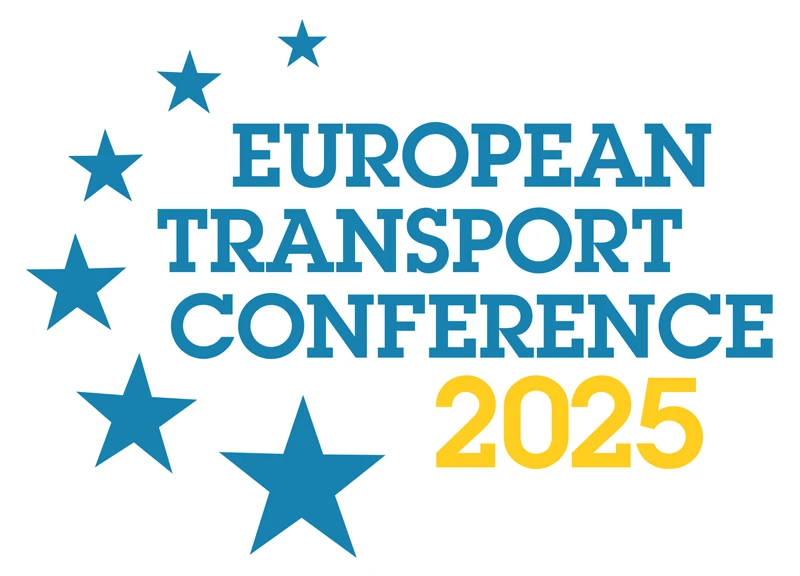-
Past ETC Papers

Browse, search and view papers from the past AET Conferences.
-
Members' Area

AET promotes networking and exchange of ideas, information and opportunities amongst members.
Conference Papers 2017
Barcelona, Spain
ETC Conference Papers 2017
A new metric with which to address transport inequality
Seminar
Day 3 (6 Oct 2017), Session 7, Equity, 09:30 - 11:00
Status
Accepted, awaiting documents
Submitted by / Abstract owner
Tom Cohen
Authors
Tom Cohen, UCL Centre for Transport Studies
Short abstract
Index of personal travel impact (IPTI) is introduced as an alternative to accessibility measures. Its derivation using income-adjusted cost, travel time and crow-flies distance is described, and its use in addressing transport inequality explored.
Abstract
Accessibility measures, though well-intentioned, are cumbersome because they have to reflect the full range of destinations that can be reached from a given location. They tend to lack a financial component which is a crucial failing given that poor connectivity is closely associated with low income. Furthermore, when they are used to inform policy decisions, it is necessary to make paternalistic decisions concerning which journeys “matter” most. This is both invidious and prone to error.
An alternative metric, “index of personal travel impact” (IPTI), has been developed in response to these weaknesses. At the individual level, it reflects the journeys which a person would like to be able to make (as opposed to the destinations available to them), therefore circumventing the need to make assumptions about their travel preferences. By adjusting absolute cost to reflect individual wealth, it represents the real financial impact of travel. By combining this with door-to-door journey time, it brings together into a single unit the two most significant impacts of travel – time and money. And, by deriving a rate per unit distance using the straight-line path between origin and destination, it also captures the often more circuitous journeys that a sparse public transport network imposes upon those who lack access to private motorised transport.
This metric can be used to support policy tackling inequality as follows: first, a citizens’ assembly is convened to deliberate concerning what should be the maximum level of IPTI. Government (central and/or local) then becomes responsible for bringing all who live in its jurisdiction within the chosen threshold. In some cases, there will be clusters of people whose IPTI exceeds the threshold. This may result from the poor quality or high cost of links to a major trip attractor. Appropriate policy responses may be to improve those links so that they become quicker and/or to subsidise them to reduce their financial impact. In other cases, those with high IPTI will be scattered, reflecting more their personal circumstances (low income or reliance on poor public transport, say) than point-based weaknesses of the transport network. Here, individual financial support or the provision of a vehicle or taxi service for certain journeys may be the most appropriate responses.
The index of personal travel impact (IPTI) is a pragmatic way of addressing transport inequality. And, by promoting targeted action, it will ensure that large-scale intervention (such as a new public transport service) is only employed where this represents a more efficient mechanism than assisting people individually.
Documents:
No documents yet.
Association For
European Transport
Forester House
Doctors Lane
Henley-in-Arden
Warwickshire, UK
B95 5AW
+44 (0) 15 64 793552
VAT number: 710 1866 64
Conference Supporters & Endorsers




Legal Entity
The Association for European Transport is registered as an Association ('vereniging') with the Chamber of Commerce for Haaglanden in The Netherlands under company number 27170096.
Built on Zenario




